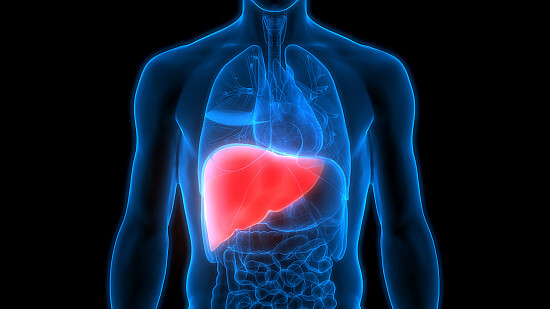Low birth weight ups type 2 diabetes risk: study
Mon 27 Jun 2016, 11:41:39
People born with a low birth weight due to genetic factors may have an increased risk of developing type 2 diabetes, a new study has found.
Researchers from Tulane University in the US conducted the study on 3,627 type 2 diabetes cases and 12,974 controls of European ancestry. They created a genetic risk score (GRS) based on five low birth weight-related genetic variations known as single nucleotide polymorphisms (SNPs).
The analysis showed that for each one point increase in GRS (with the score ranging from 1-10), the risk of developing type 2 diabetes increased by six per cent, researchers said.
Using a statistical technique called Mendelian randomisation, they further found evidence that the low birth-weight was actually causing the excess risk in type 2 diabetes.
This type of analysis, is, researchers said, a new approach for establishing causal relationships in studies of this nature.
"Evidence from both population and experimental studies has suggested that restricted early life development has long-term structural and functional influence on individuals'
predisposition to an increased risk of metabolic diseases such as type 2 diabetes," researchers said.
predisposition to an increased risk of metabolic diseases such as type 2 diabetes," researchers said.
"However, to our knowledge, this study is the first to investigate the potential causal relation between low birth-weight and risk of type 2 diabetes," they added.
Since low birth-weight represents restricted intrauterine growth (foetal growth), it cannot be ruled out that it is in fact the risk factors for this restricted growth that are causing the low birth-weight and in turn causing type 2 diabetes to develop, researchers said.
Risk factors for restricted intrauterine growth include malnutrition, anaemia, infections and placental insufficiency, they said. Researchers found that a genetically lowered birth weight was associated with increased susceptibility to type 2 diabetes.
Our findings support a potential causal relation between birth weight and risk of type 2 diabetes, providing novel evidence to support the role of intrauterine exposures in the pathogenesis of type 2 diabetes," researchers said.
The findings were published in the journal Diabetologia.
No Comments For This Post, Be first to write a Comment.
Most viewed from Health
AIMIM News
Latest Urdu News
Most Viewed
May 26, 2020
Do you think Canada-India relations will improve under New PM Mark Carney?
Latest Videos View All
Like Us
Home
About Us
Advertise With Us
All Polls
Epaper Archives
Privacy Policy
Contact Us
Download Etemaad App
© 2025 Etemaad Daily News, All Rights Reserved.
































